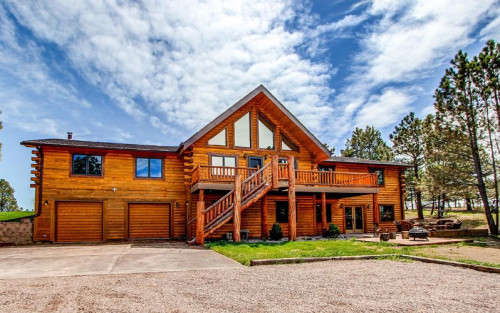
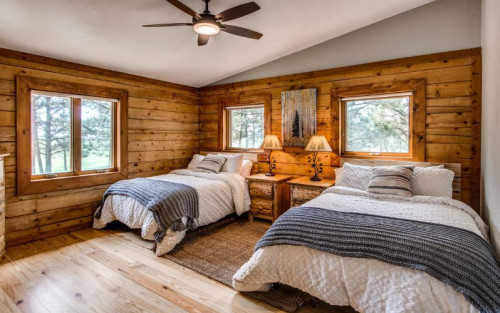
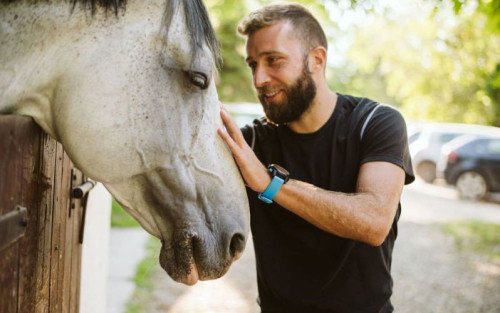
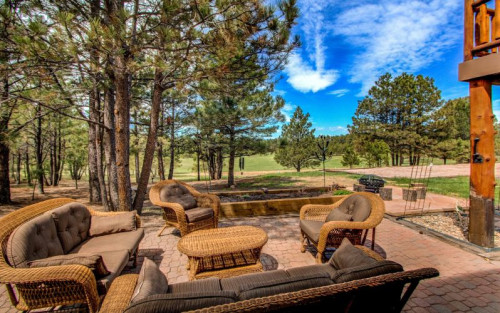
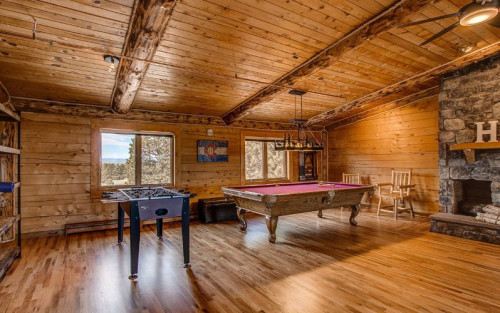




Healing Pines Recovery for Men
Verified Center
This provider's information has been quality-checked by Recovery.com's Research Team for accuracy and completeness, including center verification through appropriate third-party organizations.
Treatment Focus
This center treats substance use disorders and co-occurring mental health conditions. Your treatment plan addresses each condition at once with personalized, compassionate care for comprehensive healing.
Primary Level of Care
Offering intensive care with 24/7 monitoring, residential treatment is typically 30 days and can cover multiple levels of care. Length can range from 14 to 90 days typically.
Treatment Focus
This center treats substance use disorders and co-occurring mental health conditions. Your treatment plan addresses each condition at once with personalized, compassionate care for comprehensive healing.
Primary Level of Care
Offering intensive care with 24/7 monitoring, residential treatment is typically 30 days and can cover multiple levels of care. Length can range from 14 to 90 days typically.
Provider's Policy
Healing Pine Recovery will contact your insurance provider on your behalf to verify that your plan has coverage for the services we provide. They will then discuss with you the scope of your coverage and any out-of-pocket expenses you may incur.
Healing Pines Recovery for Men
Healing Pines Recovery for Men
About Healing Pines Recovery for Men
Healing Pines Recovery provides residential treatment for men on a 40-acre ranch. They welcome a small group of men at a time for highly personalized care. Healing Pines Recovery treats addiction and dual diagnoses with evidence-based therapies, detox, medication-assisted treatment, and various holistic therapies. Men meet 1:1 with a licensed therapist several times a week, and weekly with a psychiatrist.
Evidence-Based Care for Men’s Unique Needs
Healing Pines Recovery creates a safe, accepting space for men to connect and navigate challenges. Their masters-level clinicians lead evidence-based therapies in 1:1 and group settings, including cognitive behavioral therapy (CBT), dialectical behavioral therapy (DBT), eye movement desensitization and reprocessing (EMDR), and 12-Step and non-12-Step support groups. Healing Pines Recovery uses evidence-based therapies to treat addiction at its roots and any co-occurring mental illnesses, traumas, and stress.
Holistic Healing in Nature
Men at Healing Pines Recovery enjoy daily holistic and experiential therapies, including physical labor on the ranch. Clients can regularly visit on-site donkeys and dogs. Off site, men can enjoy equine therapy and animal-assisted therapy with llamas, goats, and more. Healing Pines Recovery’s other experiential therapies include hiking, fishing, snowboarding, pickleball, basketball, snowshoeing, mountain biking, and pottery, among others.
Family-Wide Recovery
Healing Pines Recovery provides weekly family therapy and visitation hours. Loved ones can come on-site each Sunday to visit, privately meet with a family therapist, or have a family therapy session with the therapist and their loved ones. Healing Pines Recovery also allows tech use so men can stay in contact with family and any urgent work needs. After completing residential treatment, Healing Pines Recovery connects clients to further care—like intensive outpatient, sober living, or outpatient services.
Highlights from the Center
Highlights
These highlights are provided by and paid for by the center.
1-on-1 Counseling
Nature Lovers
Master's and Doctoral Level Therapists
Men Only
Center Overview
Treatment Focus
This center treats substance use disorders and co-occurring mental health conditions. Your treatment plan addresses each condition at once with personalized, compassionate care for comprehensive healing.
Joint Commission Accredited
The Joint Commission accreditation is a voluntary, objective process that evaluates and accredits healthcare organizations (like treatment centers) based on performance standards designed to improve quality and safety for patients. To be accredited means the treatment center has been found to meet the Commission's standards for quality and safety in patient care.
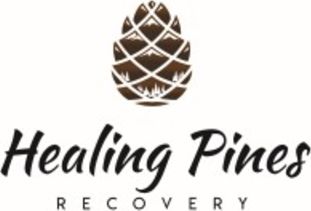
Healing Pines Recovery for Men
Insurance Accepted
Cash Pay Rates
Estimated Cash Pay Rate
Center pricing can vary based on program and length of stay. Contact the center for more information. Recovery.com strives for price transparency so you can make an informed decision.




Recovery.com Verified Listing
Recovery.com verified that the name, location, contact information and license to operate for this treatment provider are valid and up-to-date.

Joint Commission Accredited

Licensed by Colorado

NAATP Member
Recovery.com is an independent, third-party mental health resource. Verification does not imply endorsement and does not guarantee the quality of treatment services.
Meet Your Care Team

Paul Leafstedt
Founder & Executive Director

Michael Anderson
Clinical Director
MA, LPC

Michael Marrow
Lead Therapist
MS, LAC, MFTC

Dr. Heath D Canfield
Medical Director
D.O.
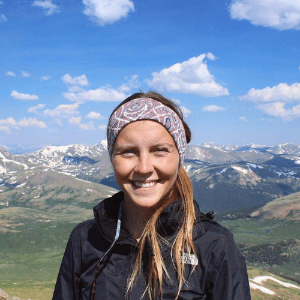
Zoe Phillips
Therapist
MA, LACC
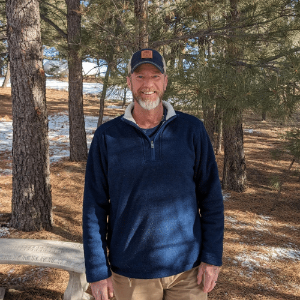
Mike Galligan
Lead BHT
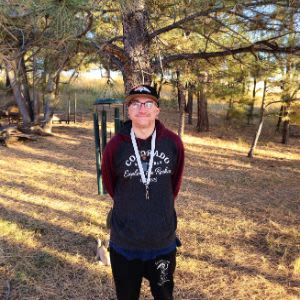
Adam Ochoa
Behavioral Health Technician
CCAR
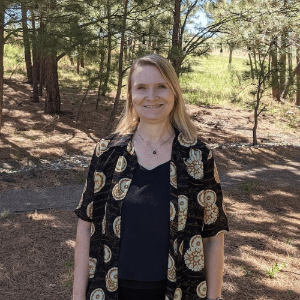
Natalie Wilkins
Art Therapist
MA, CSART, CAS
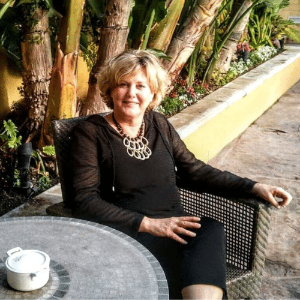
Cristi Leafstedt
Founder/Director of Strategic Planning
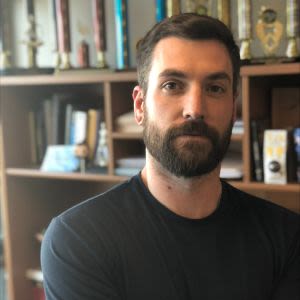
Tyler Barkey
Therapist
CAS
Your Care Options
Specializations
Alcohol
Using alcohol as a coping mechanism, or drinking excessively throughout the week, signals an alcohol use disorder.
Animal Therapy
Animals can inspire trust and self-worth. In this experiential therapy, guided interactions are used to improve social skills and emotion regulation.
Anxiety
Anxiety is a common mental health condition that can include excessive worry, panic attacks, physical tension, and increased blood pressure.
Drug Addiction
Drug addiction is the excessive and repetitive use of substances, despite harmful consequences to a person's life, health, and relationships.
Experiential Therapy
With this approach, patients heal by doing. Therapists help patients process difficult emotions to speak, using guided activities like art or dance.
Therapeutic Community
Therapeutic communities allow patients to contribute to the success and progress of their community, through healthy behaviors or even basic chores.
Trauma
Some traumatic events are so disturbing that they cause long-term mental health problems. Those ongoing issues can also be referred to as "trauma."
Who We Treat
Treatment Services
Intensive Outpatient Program
In an IOP, patients live at home or a sober living, but attend treatment typically 9-15 hours a week. Most programs include talk therapy, support groups, and other methods.
Outpatient
During outpatient rehab, patients attend a structured treatment program while continuing to live at home.
Residential
In a residential rehab program, patients live onsite, with access to daily treatment and 24-hour care. An average stay is 30-90 days.
Approaches
Evidence-Based
A combination of scientifically rooted therapies and treatments make up evidence-based care, defined by their measured and proven results.
Experiential
Expressive tools and therapies help patients process past situations, learn more about themselves, and find healing through action.
Holistic
A non-medicinal, wellness-focused approach that aims to align the mind, body, and spirit for deep and lasting healing.
Twelve Step
Incorporating spirituality, community, and responsibility, 12-Step philosophies prioritize the guidance of a Higher Power and a continuation of 12-Step practices.
Therapies
1-on-1 Counseling
Patient and therapist meet 1-on-1 to work through difficult emotions and behavioral challenges in a personal, private setting.
Meditation & Mindfulness
A practiced state of mind that brings patients to the present. It allows them to become fully aware of themselves, their feelings, and the present moment.
Mindfulness Therapy
This ancient practice can be mental, emotional, and even spiritual. In meditation, you focus your attention on the present moment without judgement.
Adventure Therapy
This experiential approach uses the physical and emotional challenges of outdoor activities as tools for personal growth.
Animal Therapy
Animals can inspire trust and self-worth. In this experiential therapy, guided interactions are used to improve social skills and emotion regulation.
Aromatherapy
Inhaling or topically applying essential oils can help relieve stress, soothe pains, and relieve emotional distress.
Art Therapy
Visual art invites patients to examine the emotions within their work, focusing on the process of creativity and its gentle therapeutic power.
Canine Therapy
Friendly dogs provide a pleasant therapeutic experience, helping patients who've experienced trauma or separations build social and communication skills.
Conditions We Treat
Anxiety
Anxiety is a common mental health condition that can include excessive worry, panic attacks, physical tension, and increased blood pressure.
Depression
Symptoms of depression may include fatigue, a sense of numbness, and loss of interest in activities. This condition can range from mild to severe.
Post Traumatic Stress Disorder
PTSD is a long-term mental health issue caused by a disturbing event or events. Symptoms include anxiety, dissociation, flashbacks, and intrusive thoughts.
Stress
Stress is a natural reaction to challenges, and it can even help you adapt. However, chronic stress can cause physical and mental health issues.
Trauma
Some traumatic events are so disturbing that they cause long-term mental health problems. Those ongoing issues can also be referred to as "trauma."
Substances We Treat
Alcohol
Using alcohol as a coping mechanism, or drinking excessively throughout the week, signals an alcohol use disorder.
Benzodiazepines
Benzodiazepines are prescribed to treat anxiety and sleep issues. They are highly habit forming, and their abuse can cause mood changes and poor judgement.
Chronic Relapse
Consistent relapse occurs repeatedly, after partial recovery from addiction. This condition requires long-term treatment.
Co-Occurring Disorders
A person with multiple mental health diagnoses, such as addiction and depression, has co-occurring disorders also called dual diagnosis.
Cocaine
Cocaine is a stimulant with euphoric effects. Agitation, muscle ticks, psychosis, and heart issues are common symptoms of cocaine abuse.
Drug Addiction
Drug addiction is the excessive and repetitive use of substances, despite harmful consequences to a person's life, health, and relationships.
Ecstasy
Ecstasy is a stimulant that causes intense euphoria and heightened awareness. Abuse of this drug can trigger depression, insomnia, and memory problems.
Heroin
Heroin is a highly addictive and illegal opioid. It can cause insomnia, collapsed veins, heart issues, and additional mental health issues.
Methamphetamine
Methamphetamine, or meth, increases energy, agitation, and paranoia. Long-term use can result in severe physical and mental health issues.
Languages
Aftercare
Care Designed for Your Needs
Personal Amenities
Amenities
Special Considerations
Activities
Yoga
Yoga is both a physical and spiritual practice. It includes a flow of movement, breathing techniques, and meditation.
Learn More About the Center
What to Expect
Healing Pines Recovery details what to expect when starting treatment at their center.
Testimonials
Read what past clients have said about their experience at Healing Pines Recovery.
Admissions Process
Learn more about the admissions process at Healing Pines Recovery.
How Connection Can Heal
Healing Pines Recovery describes the unique benefits men gain when they connect to other men in their recovery.
What people are saying
Treatment
5.0
Accommodations
5.0
Food & Nutrition
4.9
Value
4.9
Pros
- Beautiful Location (9)
- Excellent & Effective Treatment Programming (8)
- Personalized (8)
- Supportive Aftercare (8)
Adam O
Treatment in 2023 • (45 days ) • Reviewed 06/22/23
Former Client
•Lab Technician 16
•Littleton, CO
Mike G
Treatment in 2022 • (45 days) • Reviewed 07/01/23
Former Client
•Health Tech
•Colorado
Sean
Treatment in 2023 • (30 days) • Reviewed 07/16/23
Former Client
•Musician
•Detroit, MI
JJ
Treatment in 2023 • (30 days) • Reviewed 11/05/23
Former Client
Brandon M
Treatment in 2022 • (30 days) • Reviewed 08/02/23
Former Client
•Healthcare
•Denver





